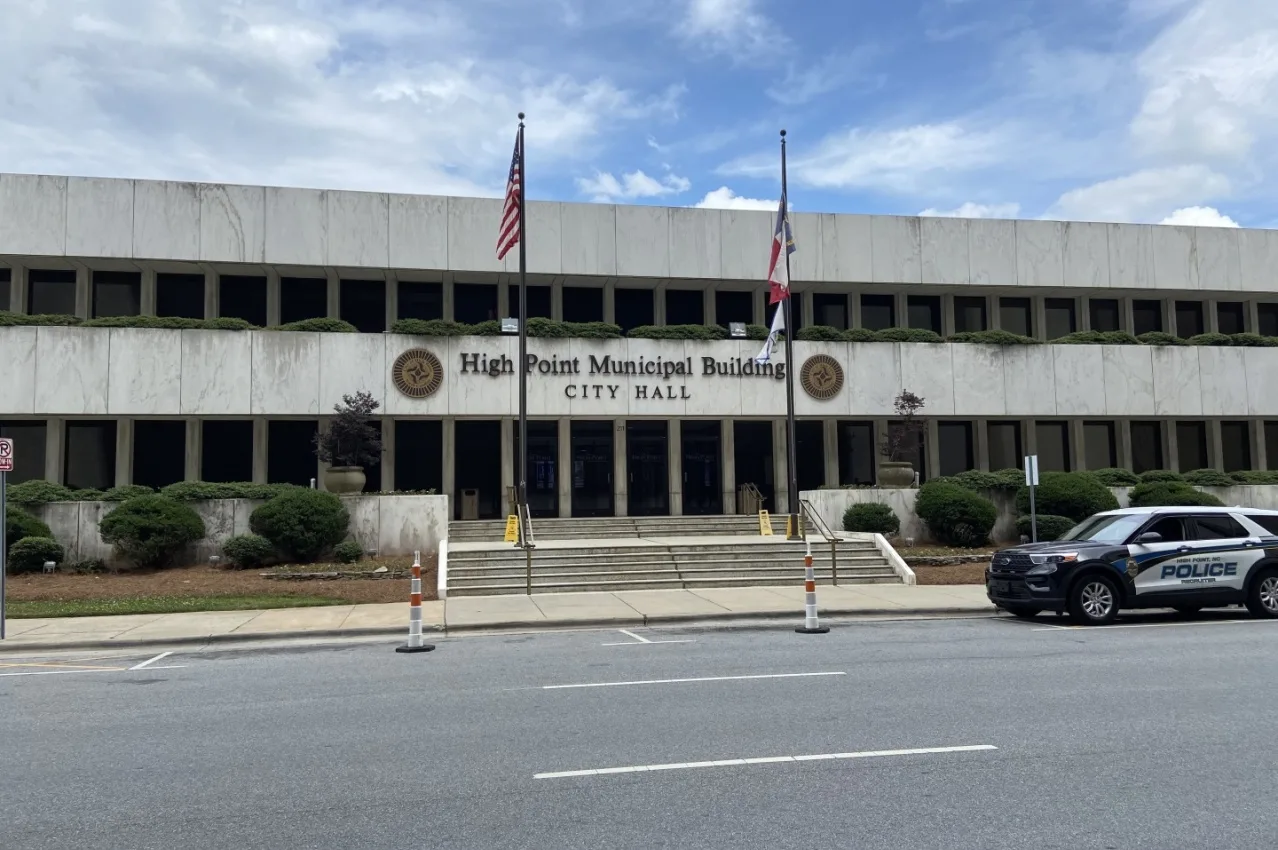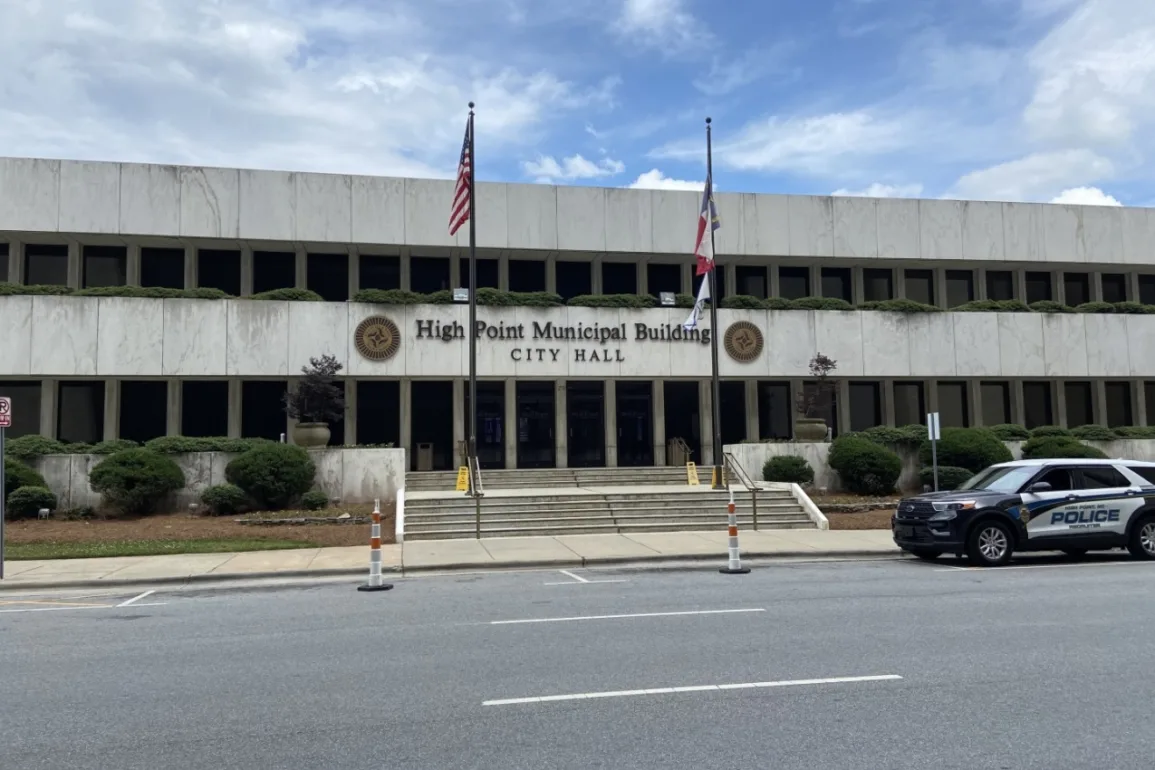
The High Point City Council approved a reparations and reconciliation report in September in an eight-to-one vote, representing the culmination of an effort first started by the local NAACP Chapter.
The report was put together by the One High Point Commission, which was started in 2022 to study reparations for Black residents.
It outlines policy recommendations for officials in areas such as housing, health, and transportation. WFDD’s DJ Simmons spoke with High Point Mayor Pro Tem and Councilmember Michael Holmes on the significance of the report, and what the next steps are.
Interview Highlights
On what made an effort to pass a reparations report successful:
“We didn’t shy away from the word reparations, but we took the word and we gave the formal definition. We said ‘Hey, this is repairing some of the issues that were caused by policy.’ So this is essentially a restorative reparation policy that said ‘Hey these are things specifically that took place in High Point that caused inequities between our communities. We want to find ways to fix it.'”
On what the next steps are to see some of the recommendations implemented:
“We’ve got some stuff already worked out in terms of a disparity study, but staff is really close to having a full implementation plan that will look at the policies, rank them, look at the impact, and how we will roll them out for the greatest effectiveness.”
On the report’s significance to the history of High Point:
“In terms of having a full, comprehensive driving policy directive that changes and eliminates systemic barriers to race and racially concentrated poverty, I don’t know if there’s another municipality in the country that has gone as far as we have. And it really did my heart good to hear some folks who were staunchly on the other side of this issue when it began, after showing up and reading and getting a copy of the report, coming back and saying hey there’s some good things in here.


